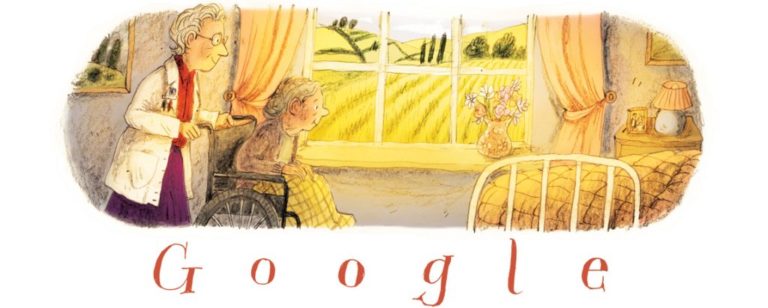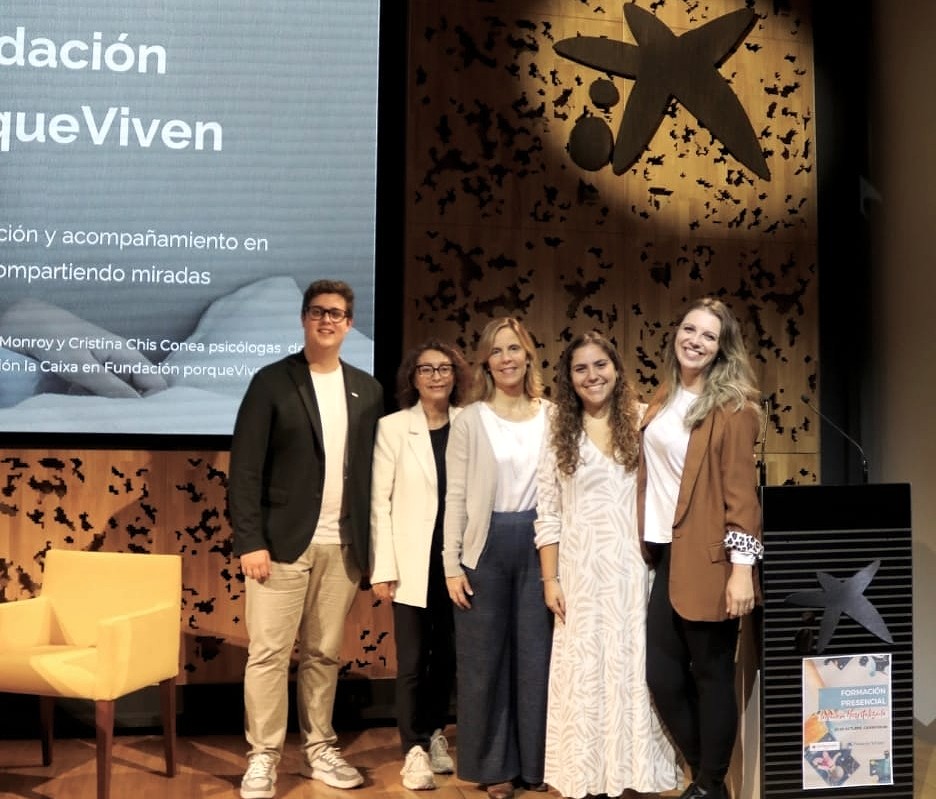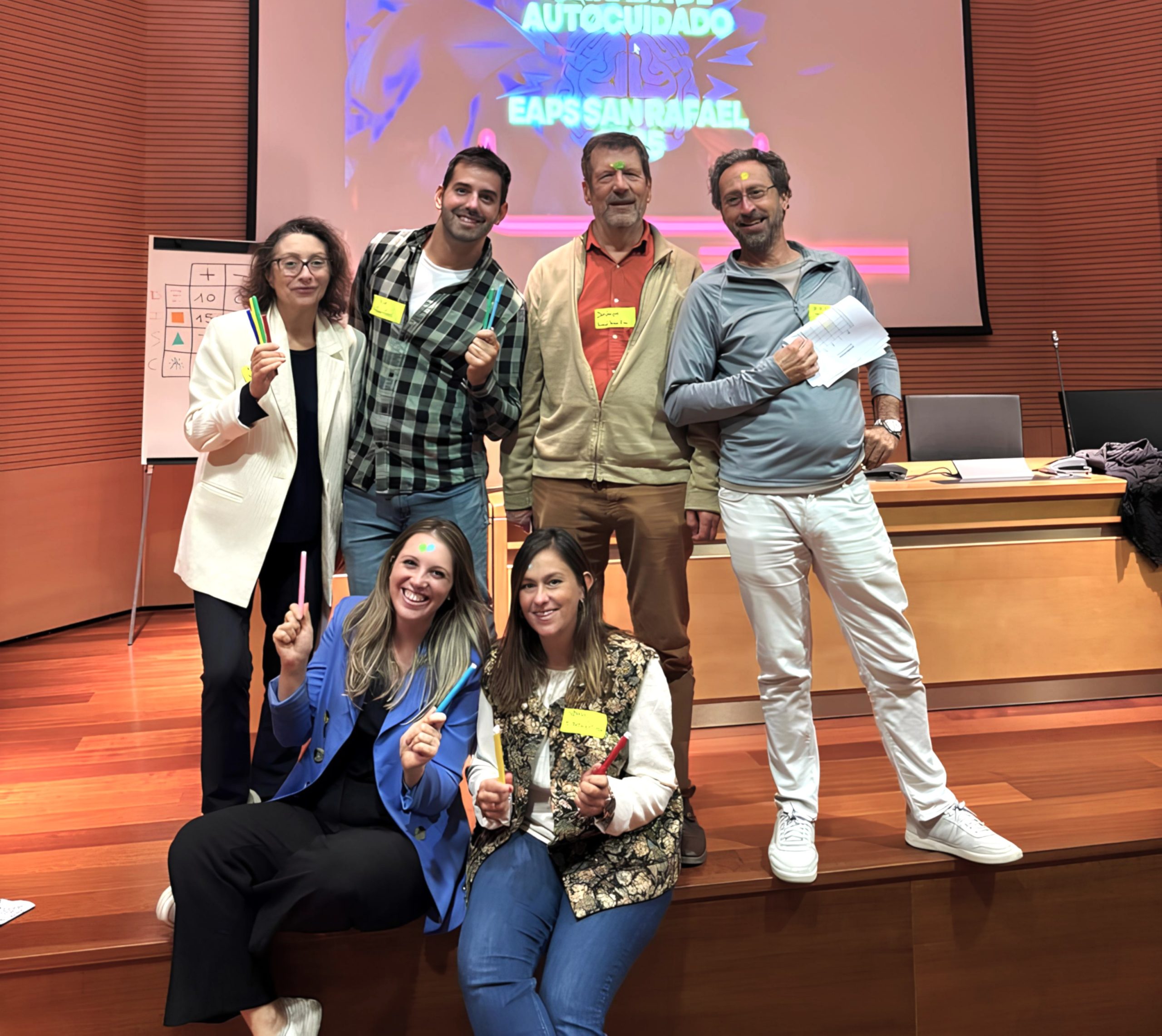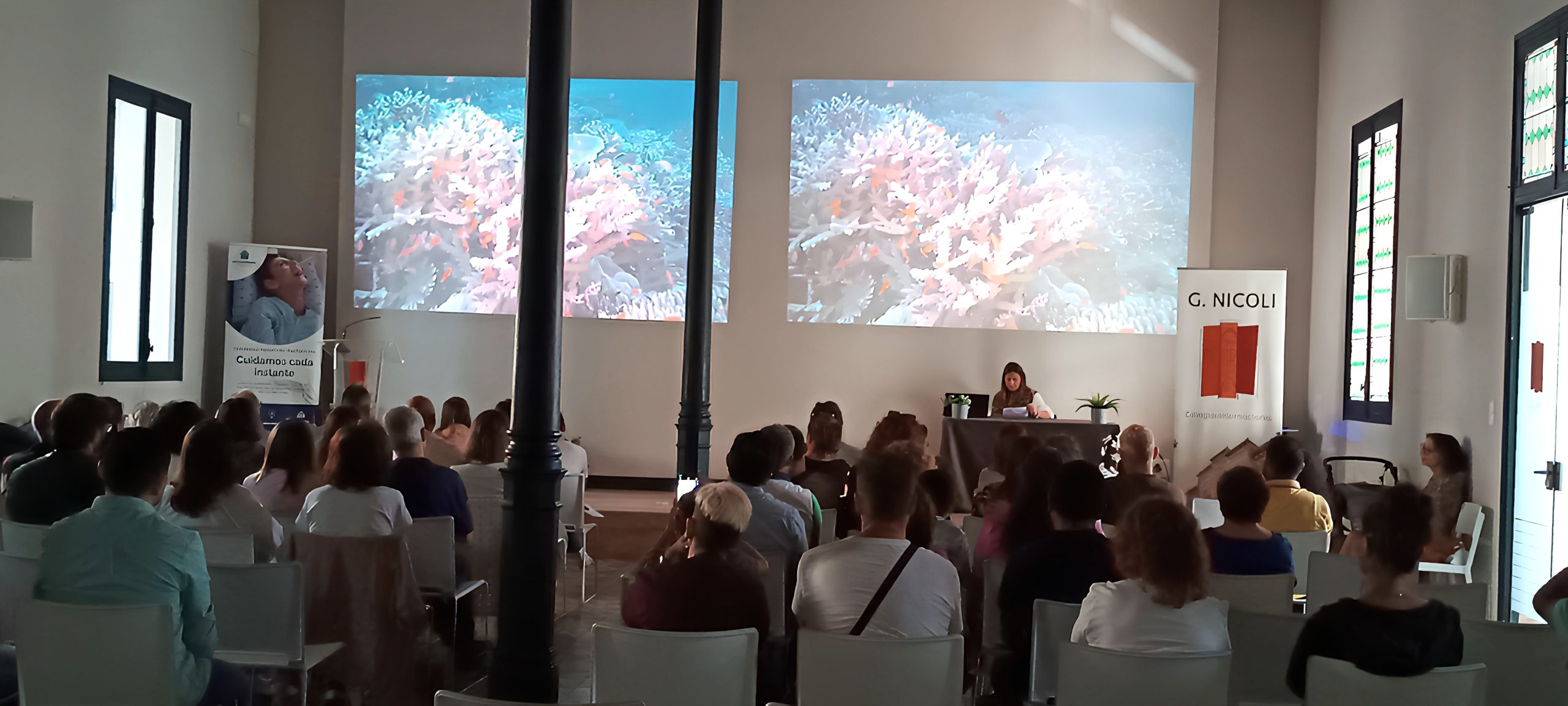On February 11 of each year, the International Day of Women and Girls in Science , proclaimed by the UN in 2015. The main objective is to achieve greater participation and inclusion of women and girls in the world of science and technology. In 2021, the motto is: " Women scientists, leaders in the fight against COVID «.
The role of women in science, throughout history, has been fundamental in the discovery of great discoveries in different fields such as medicine, physics, technology. Discoveries from which we continue to benefit today. Also celebrated is the World Medical Women's Day the World Day of the Sick and the Emergency Services Day 112 .
Among these women who dedicated their entire lives to scientific research, from PORQUEVIVEN Foundation We want to pay sincere tribute to Cicely Saunders , British nurse, doctor, social worker and philosopher who founded the palliative care . She was the one who initiated the dissemination of Hospices (Hospices ), underlining the importance of palliative care in modern medicine and assisting the terminally ill until the end of their lives in the most comfortable way possible.
Cicely Saunders served in many roles in her life, including nurse, physician, author, and social worker. It was while caring for a terminally ill patient that he recognized certain challenges that other medical professionals of his day did not see: that his diagnosis required a fundamentally different type of medical care. Through this experience, Saunders envisioned an environment that focused attention on a patient's individual and specific needs. As a result, he founded St. Christopher's, the first modern hospice , in a London suburb in 1967. There, core values included attentive pain management, as well as a holistic and individualized understanding of practical, medical, and psychological aspects and patient needs.
Not only did Saunders' work inspire hundreds of other hospices around the world, but his books and teachings also established a new branch of medicine known as palliative care, which addresses the importance of holistic care among patients with life-limiting illnesses. He also went on to establish a global charity focused on palliative care research and education, Cicely Saunders International , which still works to improve the lives of patients with progressive diseases to this day.
"You matter because you are you. You will matter until the day you die. We are here, not to help you die, but to help you live until you die."
Cicely Saunders, aware of the shortcomings in hospital care experienced by incurable patients before death, was a fervent defender of the Death with dignity , opposing euthanasia and arguing that death can be a positive experience to which everyone is entitled.
Cicely Saunders was born in 1918 and in 1939 began her university studies in philosophy at Oxford, but in the Second World War she abandoned them to start working as a nurse. A major spade injury prevented her from continuing to work, so she returned to Oxford to obtain a degree in social work in 1947. Working as a social worker, she met David Tasma, a Polish cancer patient with whom she fell in love and who, when he died, bequeathed Saunders 500 pounds that he would later invest in the construction of a hospice. Together they began to think that there was a need for a place other than a hospital to care for terminally ill patients, one that would have specialized staff to relieve their pain and care for them with love.
«The total patient experience comprises anxiety, depression, and fear; the concern for the grief that will afflict his family; and often the need to make sense of the situation, a deeper reality in which he trusts r»
A surgeon in St Thomas told her that as a nurse or social worker she would not be able to exert any influence on her patients, so at the age of 33 she began a career in medicine. In 1957 he obtained a degree and a scholarship to research the treatment of pain in incurably ill patients, while working at St Mary's Hospital and St Joseph's Hospice in London. In the latter he spent seven years studying the nature and treatment of pain. She practiced continuous sedation to relieve her patients' pain. She advocated oral morphine therapy, regularly administered for pain management.
In 1963 she began to publish in the medical press and was invited to give multiple lectures, especially in the United States. He observed two types of pain: the physical pain and the spiritual psychological pain of death . In 1964 he elaborated the definition of Total pain l, which includes social, emotional and spiritual elements.
In 1967, Dr Saunders opened St Christopher's Hospice in London, the first hospice and palliative care centre in the vicinity of London. In this center, only terminally ill patients were treated, focusing first on controlling the patient's pain and then helping them to die. In the same way, this was the first academic hospice, in which palliative care was taught, and from which the Hospice Movement was born and spread.
"Love and life are something eternal, like the growth and harvest of the harvest"
Cicely Saunders died at the age of 87 in 2005 from breast cancer, in her room at St Christopher's Hospice, surrounded by the care and treatments that she herself promoted and leaving us as a legacy the importance that Palliative Care has today. Cicely Saunders' Posts:
Cicely Saunders' Featured Posts :
- Care of the Dying (1960-1977).
- The Management of the Terminal Disease (1978-1993).
- Hospice: the living idea (1981).
- Living with Dying (1983-1989).
- Beyond the Horizon (1990).
- Hospice and Palliative Care (1990).
PORQUEVIVE Foundation. 2021.






